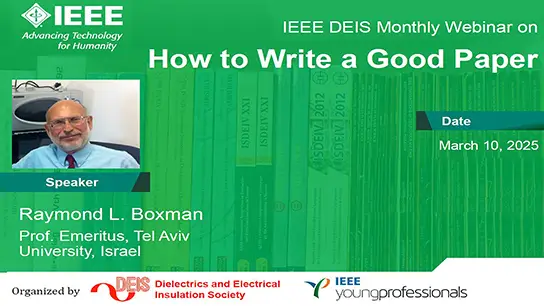-
Members: FreeCIS
IEEE Members: Free
Non-members: FreeLength: 00:54:45
09 Jul 2017
Jonathan Garibaldi, University of Nottingham, UK
Abstract: Type-2 fuzzy sets and systems, including both interval and general type-2 sets, are now firmly established as tools for the fuzzy researcher that may be deployed on a wide range of applications and in a wide set of contexts. However, in many situations the output of type-2 systems are type-reduced and then defuzzified to an interval centroid, which are then often even simply averaged to obtain a single crisp output. Many successful applications of type-2 have been in control contexts, often focussing on reducing the RMSE. This is not taking full advantage of the extra modelling capabilities inherent in type-2 fuzzy sets. In this talk, I will present some of the current research being carried out within the LUCID group at Nottingham, and wider, into type-2 for modelling human reasoning, including approaches and methodologies which make more use of type-2 capabilities.
Abstract: Type-2 fuzzy sets and systems, including both interval and general type-2 sets, are now firmly established as tools for the fuzzy researcher that may be deployed on a wide range of applications and in a wide set of contexts. However, in many situations the output of type-2 systems are type-reduced and then defuzzified to an interval centroid, which are then often even simply averaged to obtain a single crisp output. Many successful applications of type-2 have been in control contexts, often focussing on reducing the RMSE. This is not taking full advantage of the extra modelling capabilities inherent in type-2 fuzzy sets. In this talk, I will present some of the current research being carried out within the LUCID group at Nottingham, and wider, into type-2 for modelling human reasoning, including approaches and methodologies which make more use of type-2 capabilities.


